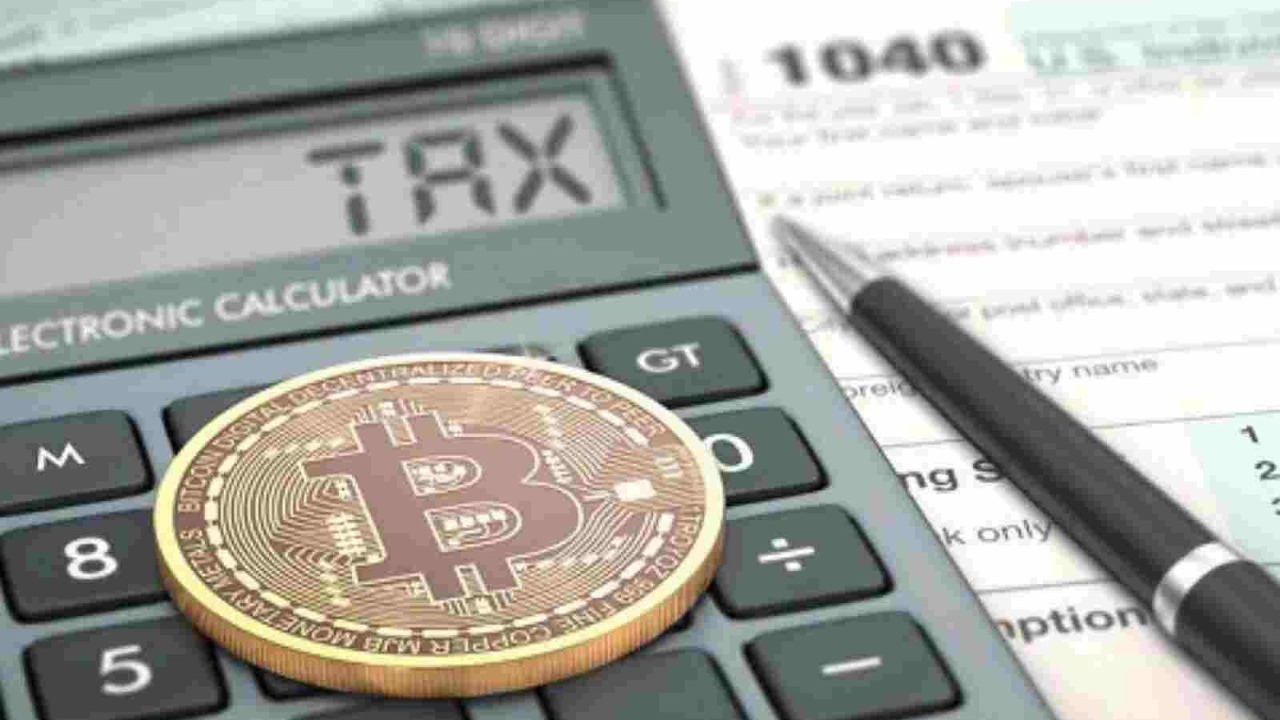In the ever-evolving landscape of finance and technology, cryptocurrencies have emerged as a transformative force. However, as individuals and businesses delve into the world of digital assets, it is imperative to use services similar to taxhelpusa.com/tax-problems/ and comprehend the tax implications associated with these decentralized currencies.
Overview of Cryptocurrency Taxation

Cryptocurrencies, such as Bitcoin and Ethereum, are considered property by tax authorities in many jurisdictions. This means that transactions involving digital assets may trigger capital gains or losses, akin to buying and selling traditional investments like stocks or real estate.
When a taxpayer acquires cryptocurrency, whether through mining, purchasing, or receiving it as payment, the initial value becomes the cost basis for tax purposes. Subsequent transactions, such as selling or exchanging the cryptocurrency, can result in either capital gains or losses, depending on the difference between the selling price and the cost basis.
Capital Gains and Losses
Capital gains taxes apply to the profits made from the sale or exchange of cryptocurrencies. If the value of the digital asset has increased since acquisition, the taxpayer incurs a capital gain. Conversely, if the value has decreased, a capital loss is realized. Short-term capital gains, applicable to assets held for one year or less, are taxed at the individual’s ordinary income tax rates. Long-term capital gains, from assets held for more than a year, often benefit from preferential tax rates.
Keeping meticulous records of cryptocurrency transactions is crucial for accurately calculating capital gains and losses. Software tools and specialized platforms can assist in tracking transactions and calculating tax liabilities.
Cryptocurrency Mining and Income Tax

For those involved in cryptocurrency mining, the rewards obtained from validating transactions and adding them to the blockchain are considered taxable income. The fair market value of the coins at the time of receipt is used to determine the taxable income. Miners must report this income on their tax returns, and expenses related to mining activities may be deductible.
Crypto-to-Crypto Transactions and Tax Events
Crypto-to-crypto transactions, where one cryptocurrency is exchanged for another, are taxable events in many jurisdictions. The taxable amount is calculated based on the fair market value of the cryptocurrency received. This can create complexities for traders who frequently engage in such transactions, as each exchange may result in a capital gain or loss.
Tax Reporting and Compliance
Taxpayers engaged in cryptocurrency transactions must ensure compliance with tax reporting requirements. Many tax authorities, including the Internal Revenue Service (IRS) in the United States, require the disclosure of cryptocurrency transactions on annual tax returns. Failure to report accurately can lead to penalties and legal consequences.
Several countries are actively working on improving guidance and regulations surrounding cryptocurrency taxation, aiming to create clearer frameworks for both individuals and businesses operating in the digital asset space.
Seek Professional Advice
Given the evolving nature of cryptocurrency taxation, seeking professional advice is highly recommended. Tax professionals with expertise in cryptocurrency can provide tailored guidance, helping individuals and businesses navigate the complex landscape of tax implications associated with digital assets.
In conclusion, as cryptocurrencies continue to gain widespread adoption, understanding the tax implications of digital assets is crucial for responsible financial management. By staying informed, keeping detailed records, and seeking professional advice when needed, individuals and businesses can ensure compliance with tax regulations while harnessing the benefits of the decentralized financial revolution.

